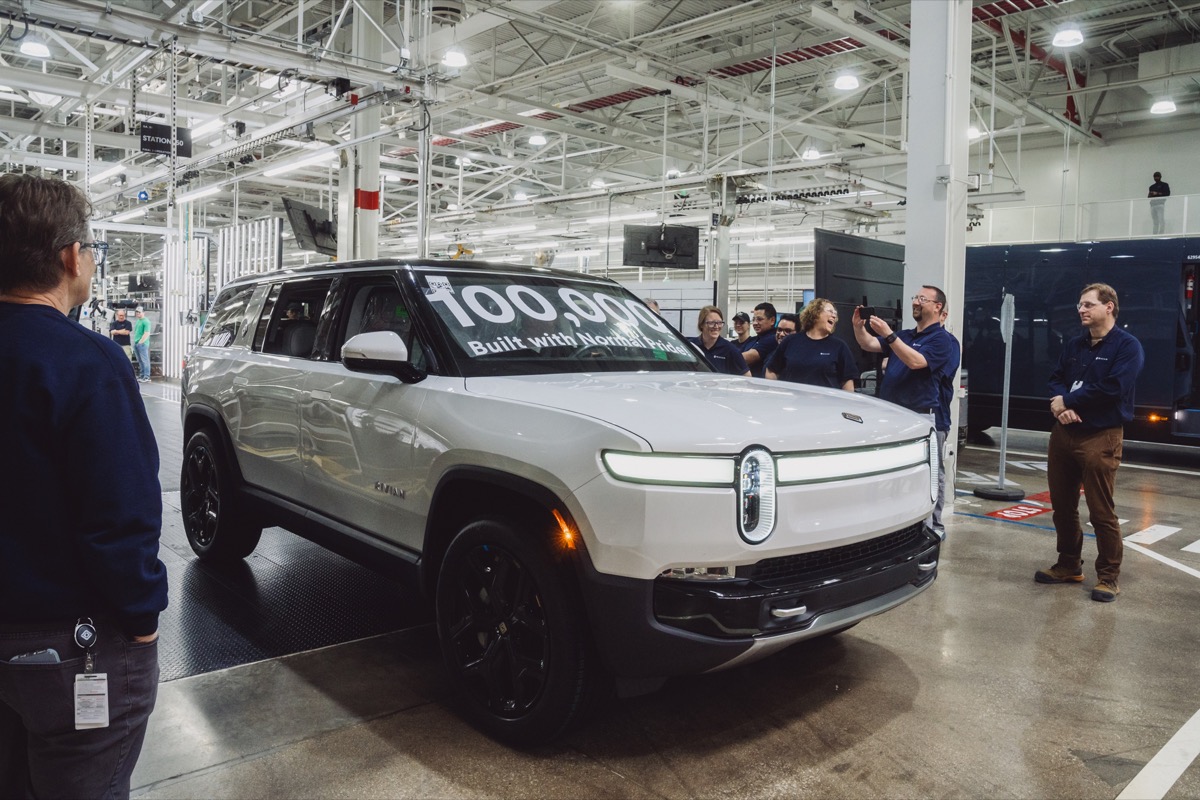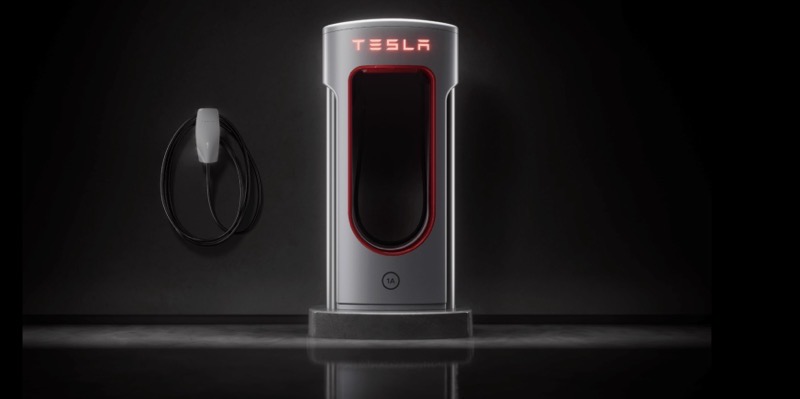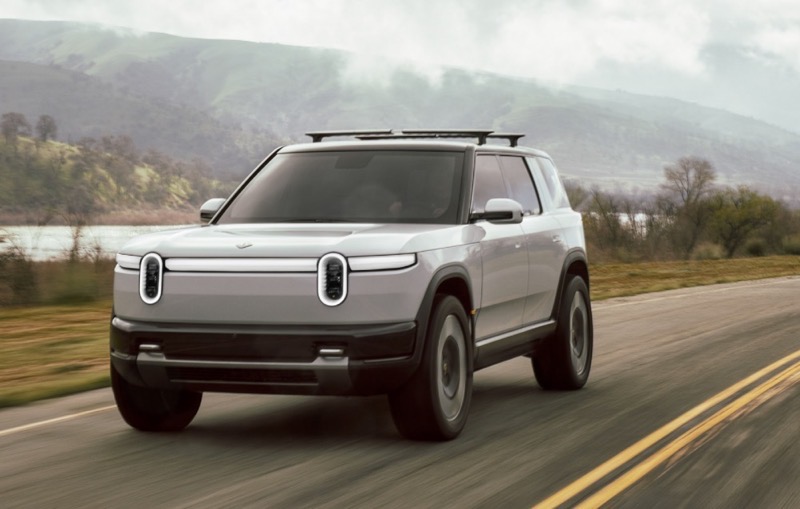
Rivian to Manufacture Battery Cells In-House, Reveals IPO Filing

With its first customer-bound vehicle making it off the production line last month, Rivian is now working on becoming a publicly-traded company. In a Friday filing for a U.S. initial public offering (IPO), the electric vehicle (EV) startup revealed plans to build battery cells in-house — reports Reuters.
Rivian currently sources batteries for its all-electric R1T and upcoming R1S vehicles from South Korean supplier Samsung SDI. In-house battery cell production will “complement third-party cell procurement which will provide supply continuity and support our anticipated growth,” wrote Rivian in the filing.
Back in July, Rivian confirmed that it was seeking a second assembly plant in the U.S. — this could potentially be where Rivian manufactures its own battery cells in the future. The startup later added that it was willing to spend up to $5 billion USD for the second location.
Tesla, the EV company Rivian hopes to emulate and regularly poaches talent (and features) from, has been working on producing its own battery cells since last year. Tesla’s cells are reportedly market-ready, but haven’t been used to power any of its cars just yet.
“Given the paramount importance and impact of the battery system on vehicle range, performance, and price, we have built in-house capabilities across the entire value chain,” said Rivian, adding that they have covered battery cell development, battery manufacturing, and sourcing of critical raw materials.
“Over time, we intend to expand our capabilities related to proprietary cell development and in-house cell manufacturing and expect that these functions will grow substantially in the coming years,” said the startup.
Rivian, backed by Ford and tech giant Amazon, which the EV manufacturer makes custom electric delivery vehicles for the latter, disclosed losses of $994 million USD for 2021 so far, and $1.02 billion USD for 2020 in its IPO filing.
The startup expects to spend around $8 billion USD in capital expenditure on manufacturing capacity, charging infrastructure, and battery cell production through 2023.
“We are a development stage company and have not generated material revenue to date,” reads the recent filing. “In the near term… we expect that a significant portion of our revenue will be from Amazon Logistics.”
The company’s only revenue from customers so far has been refundable deposits of $1,000 USD each for 48,000 pre-ordered units of the R1T and R1S.
As for its IPO, Rivian has filed to go public on the Nasdaq exchange, hoping to trade under the ticker symbol ‘RIVN’ (via The Verge).
Rivian had been planning on going public since early this year, with an August report outlining IPO plans with a valuation of $80 billion USD on the table.
The next electric vehicle from Rivian, the R1S SUV, is expected in December.

